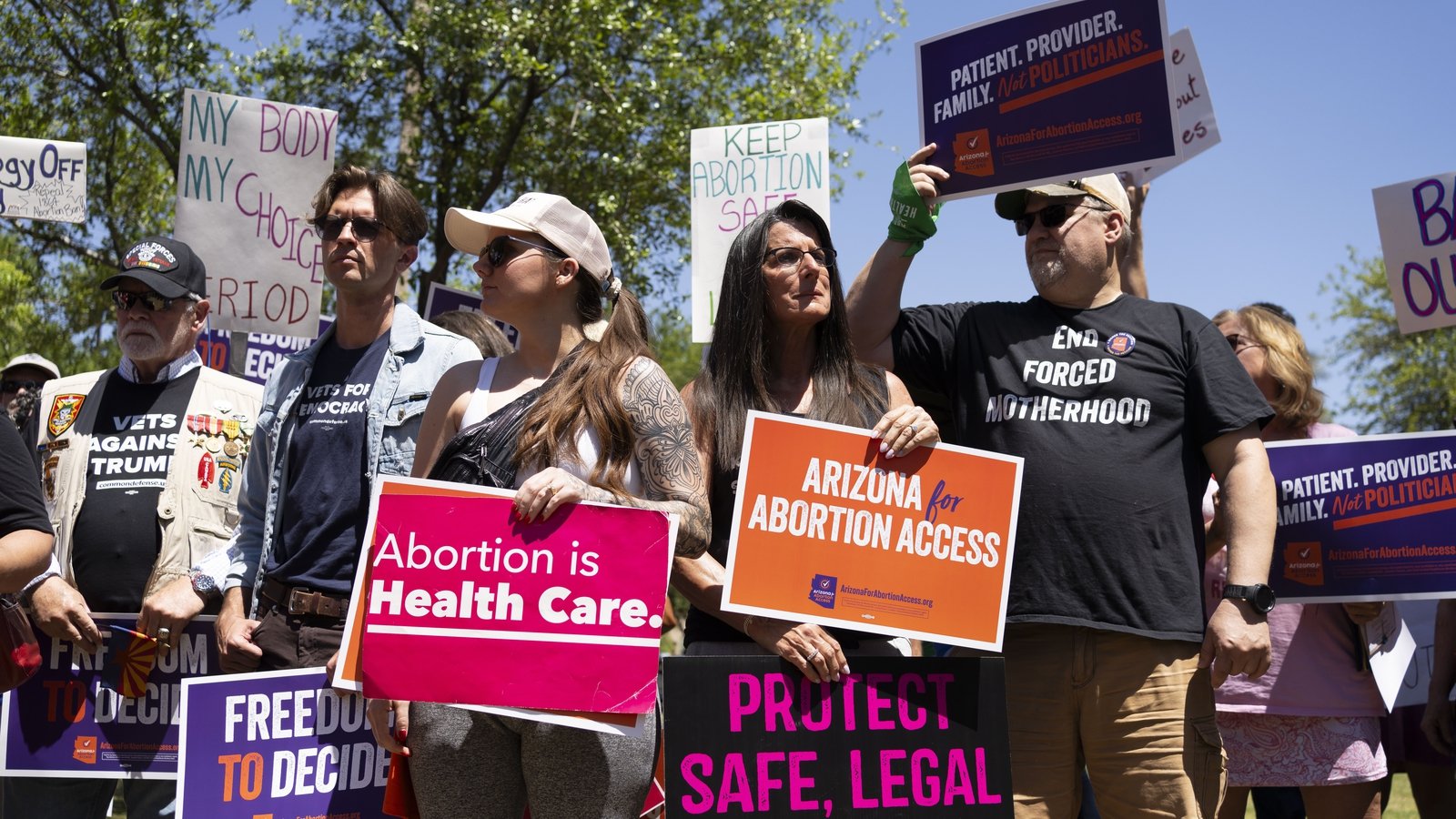A Croatian man who was viciously assaulted, and whose friend was killed, during what gardaí are understood to be investigating as a hate crime has spoken out to Prime Time about what happened on the day of the attack.
In his only interview with Irish media, David Druzinec, described what he recalls about the lead-up to the assault in Clondalkin, Dublin, three weeks ago.
His childhood friend, fellow-Croat, Josip Strok, was killed after both men were set upon by a group of Irish males after getting off the number 13 bus.
Mr Druzinec has limited recollection of what happened during the attack, which he says left him with seven bone fractures “through the skull, also in the nose, eyebrows and the ribs.”
“Basically, the doctors, they are quite surprised that I survived,” he told Prime Time during an interview alongside Mr Strok’s father in Krapina, Northern Croatia.
Three weeks on, Mr Druzinec’s irises are still blood red from haemorrhages.
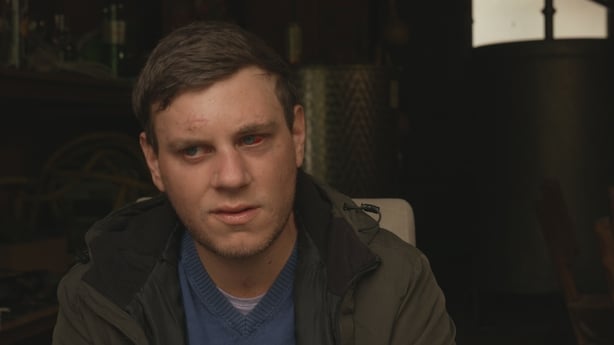
Josip’s dad, Nedjelkjo also spoke to Prime Time. He has immense gratitude for those who organised a vigil for his son last Friday, but no words for those who spread hate.
“No matter what, humanity is the ultimate law. It’s important that someone educates those people, that there is no reason to put a finger on someone just because they are different to them and kill them.”
It was with shock and disbelief that he got word that his son had been attacked. Before arriving in Dublin he had hope but on arrival he found his son on life support. Josip succumbed to his injuries and passed away on April 3rd. Nedjelkjo then returned to Krapina from where he spoke to Prime Time.
“I can’t believe that no one from the Dublin higher authorities or the Irish embassy ever called or said anything to me about my loss. It was just Irish ordinary people.”
Because of his head injuries, David Druzinec can recollect only some of what happened on 30 March.
At about 8pm, after spending the early evening in Dublin city together, he and Josip Strok took the bus to Clondalkin. They had both been working in Ireland over recent years, mainly in agriculture, and were travelling to an apartment where Mr Druzinec had recently moved.
En route, they stopped at Tesco in Clondalkin. There, David says, they began discussing in Croatian plans for the following day. At that point, he says, a group of young Irish males interrupted.
“Maybe I don’t remember a lot of things, but I know that it started because they started telling to us that ‘you disrespect country’, that you need to speak English, ‘which language are [you] speaking?’ and commenting like that,” he said.
“That’s all. That’s the only thing why everything started,” he added.
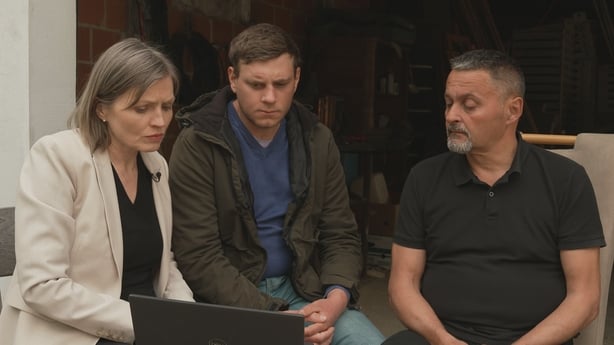
“I heard them, and I didn’t even want to turn around to check… What’s the point of going to argue with these people for anything? You just ignore and go.”
“Because last three or four weeks which I was there [in Ireland], I had some days that I was working 15, 16 hours per day just because I wanted, because I know why I was there. I didn’t came there to have, I don’t know, a fun life I was something. I came there to work, to save some money,” he said.
After the interaction, Mr Strok and Mr Druzinec got another 13 bus towards David’s apartment. Gardaí believe from this time they were tracked.
Mr Druzinec’s memory is hazy due to his head injuries, but he says his interactions with gardaí have helped him to understand he was attacked first.
“They came from behind, hit me first with baseball bat, something bad, I don’t know what. I fell down, unconscious. After a few minutes, I managed to stand up and wake up,” he told Prime Time.
“I saw what he doing to Josip. I wanted to go to help to him and got hit four more times and was done. The last I remember from that moment was seeing the ambulance lights coming.”
After that he blacked out and only came round in hospital the following day.
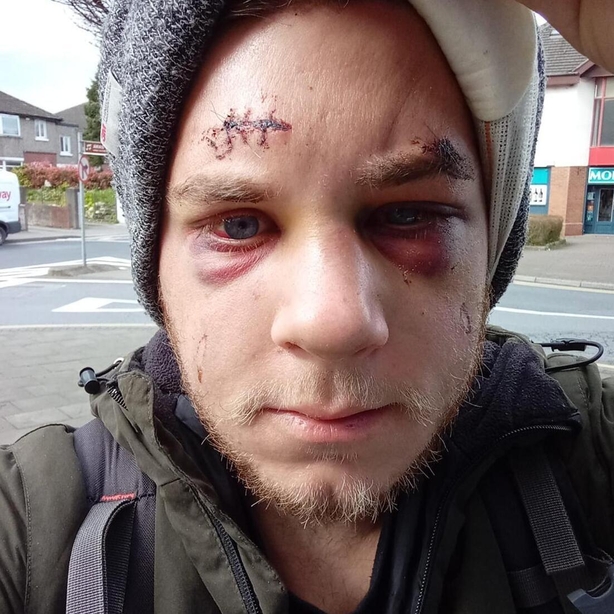
On Easter Sunday, after he was discharged from hospital, he spent most of the day travelling around with the gardaí trying to re-trace their route.
He feels gardaí initially appeared reluctant to investigate the attack as a hate crime. He pointed out that it clearly wasn’t motivated by theft.
“If they wanted to take money from us, we would have wallets missing, we would have money missing. We didn’t,” he said.
David believes that gardaí thought that he and Josip were involved with drugs.
David’s phone was not returned to him for two days, and he says he was asked questions about drugs and whether he owed people money.
“After they went through my phone, after they realised things, then they also started to believe that it is the reason which I said it is,” he said.
“Both me and Josip never took any drugs in our life, not even thinking about that. That was not a problem. I didn’t borrow money from nobody, never, because I worked really hard and have a lot of work hours there, so I had my own financial status pretty good. Josip was as well.”
Mr Strok spent four days on life support in Tallaght Hospital before passing away on 3 April.
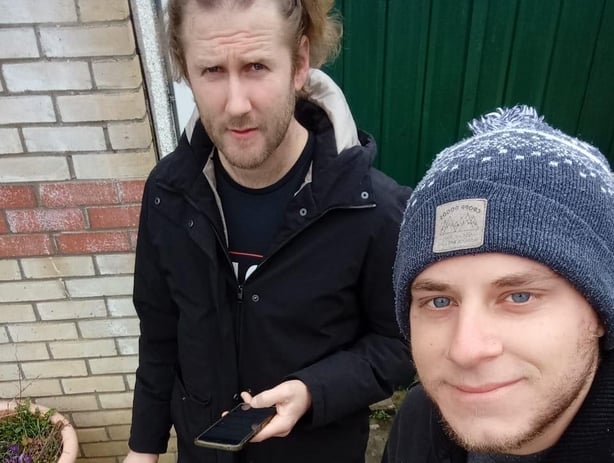
David still can’t believe his childhood friend is gone.
“We were basically brothers, speaking about absolutely everything. There is no topic we couldn’t speak about,” he said.
“I know him in past a lot of years, also since his childhood and everything. We were always spending time outside, always doing something.”
The loss of Josip wasn’t the only hardship at the time. He felt completely abandoned in Dublin.
Later, on Easter Sunday, as Mr Druzinec was being dropped home he found “locks on the house, and that my things are outside.” In a bad way with his injuries, he now found himself homeless.
He understands it was because of fear about what had happened. He ended up in the city centre.
“I was walking around, searching for a hostel. If you come full-covered with blood, all damaged, if you will come to a hotel or hostel or anywhere, who will accept you?”
Mr Druzinec managed to contact a friend who was working in a hostel in the city and stayed two nights in Dublin, before Josip’s dad, Nedjeljko, came to Dublin and got them a place to stay together.
As soon as he could he returned home to Croatia, to be with his son and wider family.
“Ireland was my first abroad job… I was thinking, ‘okay, if I will go for a season, what bad can be?’ Nothing. It can be just great,” he said.
Since first moving to work in Ireland in 2019, Mr Druzinec and Mr Strok lived in several parts of the country. However, both found Dublin increasingly intimidating in recent years.
“A lot of times it happened that I was going from the gym back to home, or things like that [and] I heard somebody saying something, maybe ‘not for the immigrants’ or things like that, just comments or something,” Mr Druzinec said.
“That’s why I was always avoiding Dublin. I was in Galway, I was in Ennis, I was in Limerick, I was in Cork.”
“It’s different because it happened to us two weeks ago, but this is happening a lot of times,” he added.
“That’s where something needs to be changed. In the last one year, this became on so high level for these immigrants, for everything. I don’t understand why.”
He believes you have bad people everywhere, but the difference he says, is that people in Dublin don’t fear the gardaí.
Source link
 TG4 TV PC to TV
TG4 TV PC to TV
